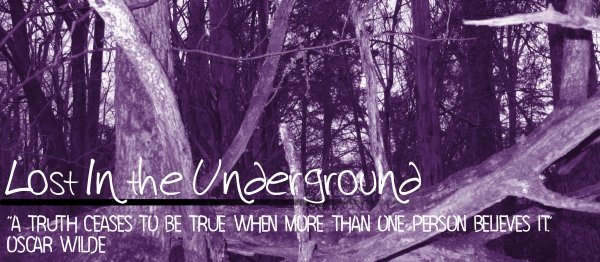I dragged the siblings out to see Prince Caspian on Friday.
I should note that I don't remember much of anything from the novel. I didn't bother going to see The Lion, the Witch, and the Wardrobe. But Eddie Izzard is the voice of Reepicheep -- who is basically the only character I remember from the novel. So, yes! (And if Eddie Izzard is involved, the fundies can't be too involved.)
After I got the bits of my mind that are familiar with post-colonial theory and feminist theory to shut up, I enjoyed the film quite a bit. The special effects were superb. The casting and the acting were both quite good, and I was just jonesing for some sword and sorcery action, of which there was plenty, convincing shot while still managing to avoid extreme gore. (I was impressed with how the violence was handled -- it didn't feel like a PG rated movie at all.)
That said -- you could tell that Mr. Lewis was a citizen of an empire. The Narnians (all magical creatures) need human leaders -- because apparently, Narnia has never been right except when sons of Adam and daughters of Eve are in charge of things. Uh-huh . . . yeah. This is not a movie about Narnia gaining independence -- this is a movie about Narnia fighting to have an benevolent dictator ruling over them.
Trumpkin the dwarf was a delight in the film. He's cynical and sarcastic. He raises the difficult theological and ethical questions of the film. (Unfortunately, the film chooses not to deal with these questions.) He questions the existence of Aslan, asking where he has been and why he hadn't come to the aid of the Narnians before now. He calls out the pretensions of the Pevensie siblings. One of the best lines in the movie is when he overhears Lucy refer to him as the DLF (dear little friend), stops short and yells back, "Don't you think that's a bit patronizing." He and Lucy do form a true friendship in the course of the growth of both characters. Unfortunately, his resolution with Aslan doesn't share the same charming sense of mutuality. He reluctantly kneels, and Aslan roars establishing his dominance.
I'm also a bit hesitant to award the film firm feminist credentials. Lucy is goodness itself -- the eternal feminine. She's charming, but ultimately well on her way to climbing up on the pedestal of the cult of true womanhood. There's no edge to her, no bite, no kick. She's no Lyra Belacqua (of the excellent novels, not the travesty of a film).
Susan's portrayal is even more disturbing from a feminist angle. Certainly, the girl can kick some ass and demonstrates as much courage as her brothers. I can even justify the scene where Caspian rides in and rescues her from Telmarine soldiers (the odds of her winning that fight on her own where none). However, as best I can tell, the lesson Susan needed to learn from Narnia is nothing more than anti-feminist backlash.
The film opens with Susan shutting down (rudely, yes) a boy who is trying (badly) to ask her out. He comments that Susan is a bit of loner. Over the course of the time in Narnia, Susan begins crushing on Caspian, kissing him before being returned to our world. Aslan comments that she and Peter have learned what they needed to in Narnia. And in Susan's case, this lesson is, apparently, that she does need a boy in her life -- or in the terms of religious fundamentalism, she comes to terms with complementarianism. Returning to London, she gives the boy she blew off a smile.
Oh, please . . . and Philip Pullman has pointed out, Susan is later excluded from Narnia because she's too interested in boys. Damned if you do, damned if you don't. Poor girl.
So, in sum, go to see Prince Caspian because it's got cool special effects, well-written dialogue, sword and sorcery goodness, and Eddie Izzard. But beware the subtext.
Subscribe to:
Post Comments (Atom)

No comments:
Post a Comment